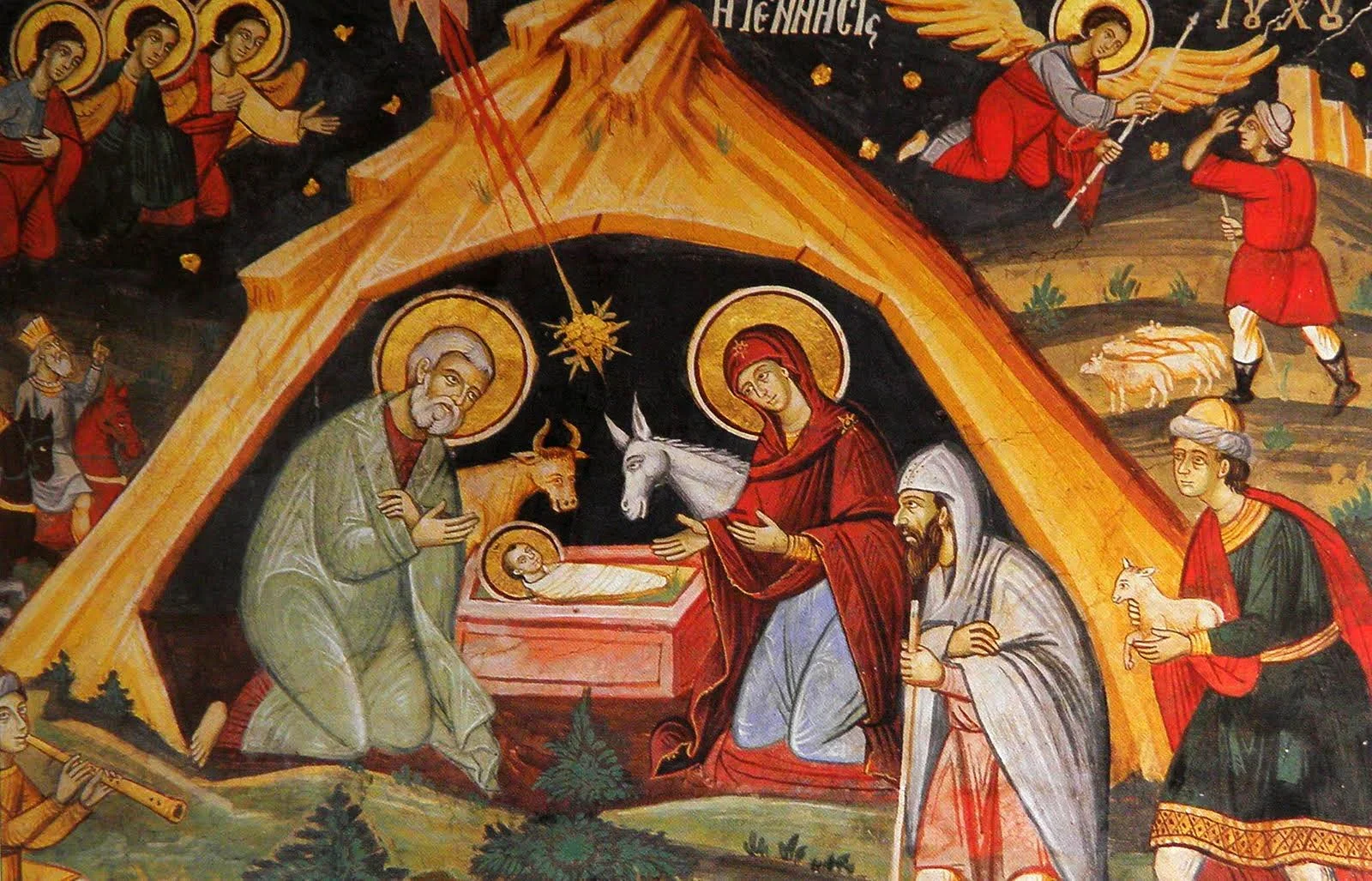From the Nativity Star to the City of David, a Path of Hope in the Presence of God the Father
Why Jesus chose Bethlehem as Birthplace?
This report is also available in Arabic.
Source: istock
Report by Elia Nasrallah
Coming from the East to Jerusalem, the Magi said with yearning and eagerness “Where is the one who has been born king of the Jews? We saw his star when it rose and have come to worship him” (Matthew 2:2). They came from far away to witness the birth of the King of Kings. They felt great joy seeing the star leading them “until it stopped over the place where the child was” (Matthew 2:9). At that place, in a small manger in the City of David in Bethlehem, the Savior of the world was born. But why Bethlehem and why did Jesus chose His birthplace in the East?
Firstly, it is worth recalling that in our Christian faith we say that Jesus is “Begotten” and not “created”. He existed even before He became a Man because He is God Incarnate. For that reason, we state in the creed “Begotten not Made”. Noting that the Nativity events are mentioned in the Gospels of Matthew and Luke.
Bethlehem, the Point of Beginning
As for the birthplace of Jesus, the King, who was born of the seed of David according to the flesh, it is related to Jesus' kinship to David. In fact, it was already known that Jesus would be born in Bethlehem, the city of David, as a prophecy mentioned it. We read in the book of Prophet Micah (751-693 BC) “But you, Bethlehem Ephrathah, though you are small among the clans[a] of Judah, out of you will come for me one who will be ruler over Israel, whose origins are from of old, from ancient times” (Micah 5:2).
The fifth chapter of the Book of Micah explains that Bethlehem is a small city among the "clans of Judah". In this small town, with poverty and extreme humility, the Great Savior was born, He is the source of all graces and virtues. Hence, Christ was born in a small city and manger, reminding us of the Lord's table, and the sacrifice of Christ for us by partaking of the bread.
In the poverty of Jesus' birth, we can see the redemption of humanity which is accomplished. With the birth of Jesus, the age of animal sacrifices ended because Jesus himself became the Sacrifice for our salvation. The angel appeared to the Shepherds in Bethlehem and preached to them the divine birth.
But what about Bethlehem? Geographically, this village is about ten kilometers from Jerusalem. It was known for its green pastures and sheep grazing to be later offered to the temple as animal sacrifices for the sins of the people. Actually, "Bethlehem" means "house of bread". In Aramaic, the word “Laham” means bread, and meat for the Arabs. As for the Canaanite the word is related to the God of fertility and harvest. Bethlehem was also called “Ephrata” which is an old designation meaning fertility.
City of David, the source of humility and simplicity
With the birth of Jesus, Tyrant King Herod fell down from his throne and the true King appeared. He is the Savior who fulfils the Kingdom of Heaven on earth and over the human souls of goodwill. What Mary said in the first chapter of the Gospel of Luke, is also fulfilled “He has brought down rulers from their thrones, but has lifted up the humble” (Luke 1:52).
However, the birth of Jesus was awaited and not a surprise but it came to fulfill the prophecies of the Old Testament. For to us a child is born, to us a son is given, and the government will be on his shoulders. And he will be called Wonderful Counselor, Mighty God, Everlasting Father, Prince of Peace” (Isaiah 9:6).
Through His nativity, the Lord Jesus Christ wanted to teach us the real meaning of humility, meekness and simplicity. So He chose Bethlehem, which was, during this era, one of the smallest cities in Palestine, to be His Birthplace, in a manger, in a cave or stable for animals, and not in a palace or a luxurious building.
Finally, it should be noted that the swaddling clothes in which Jesus Christ was wrapped at his birth have also a significance according to the theological views of the Church Fathers, so what does it symbolize? It reminds us of the death of Jesus Christ as He became the victim, especially that He is the Firstborn. As for the expression “firstborn” mentioned in Luke 2:7, Mary “gave birth to her firstborn, a son”, refers to the Presentation of Jesus at the Temple and his special belonging to God.
So let us praise with the angels the new born, the King of kings, singing “Glory to God in the highest heaven, and on earth peace to those on whom his favor rests” (Luke 2:14).
Communication and Public Relations Department
Resources:
- Greek Orthodox Patriarchate of Antioch and All the East website:
https://bit.ly/3EBO4g0 - https://bit.ly/3lJO9Hc
Linga.org website: https://bit.ly/31DRBM4
- The book "Jesus of Nazareth" by His Holiness Pope Benedict XVI - translation from German by Dr. Nabil El Khoury.


